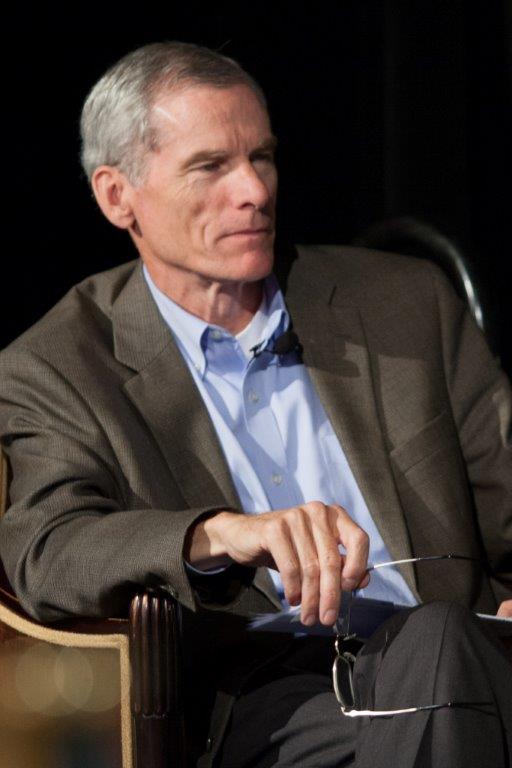A New Age of Global Securities
Anonym
These past few days I attended the ENVI Analytics Symposium and had the distinct pleasure of listening to some thought-provoking and inventive presentations from people in the geospatial industry trying to solve the big problems facing us today. These problems come in the form of data bottlenecks that will only be made worse with the continued deployment of new sensors, to locating and attempting to quantify human rights violations using satellite imagery. We have so much information at our fingertips at this point but people are struggling to pick and choose what is the important data that can help solve a complex issue, and what is simply taking up space on our storage devices.
One issue that has me pondering about the future of our society is that of global security. The National Security Strategy for 2015 was published in February of this year and the forward by President Barack Obama highlights a major shift in the idealogies of global governments, "Moreover, we must recognize that a smart national security strategy does not rely solely on military power."
When one thinks about national security they probably picture F-16s, Kilo-class nuclear submarines and quantifiable military strength. We are shifting the paradigm to realize that a strong national security strategy incorporates the idea that the climate, education, healthcare, and diplomatic strength of our country is an integral part of what makes up our total national security. This point was brought up by a man who knows a thing or two about our national strategy, former head of the National Geospatial Agency, Vice Admiral Robert Murrett (Ret.).

Vice Admiral Robert Murrett (Ret) moderated"The Role of Analytics in Global Security Issues" panel at the 2015ENVI Analytics Symposium.
After delivering the keynote address, Vice Admiral Murrett then led a series of panel discussions that helped to extract the big issues facing global securities. The panelists, Dr. Andrew Marx with the Claremont Graduate University, Dr. John Irvine with the Charles Stark Draper Laboratory, and Dr. Alex Philp of Adelos, Inc., all work in the realm of global security and had some fascinating insight.
Dr. Marx's work focuses on monitoring human rights violations throughout the world using medium-resolution imagery sensors such as Landsat. By developing a baseline average of what a pixel "looks like" over a number of years, his research team has been able to identify the location of SCUD missile attacks in Syria with 90% accuracy. Identifying the location of human rights violations as soon as possible can help with convictions of war crimes as well as the distribution of aide and support the affected regions.
Dr. Philp delivered a fascinating presentation titled the "Internet of Things", which mainly focused on the massive increase in device connectivity that will be attained in the coming 5-10 years. Two things that Dr. Philp brought up in the panel that resonated with me are, "we don't need everything forever" and that eventually "we will run out of time". This makes sense in terms of global security because if analysts are too over-burdened with an overwhelming amount of information they will be less effective at accomplishing their main task. Being able to come up with some sort of "probabilistic interpretation" of our data will be required in order to actually maintain the flow of information into products. The sheer amount of data we will be dealing with in the coming years is truly overwhelming and it will be necessary to filter out the data which is not helpful as early in the workflow as possible.
Dr. John Irvine then piggybacked on this concept to discuss how there needs to be much better coordination across analyses so that when we have discovered something of value, this work is not duplicated or ignored. Overall, these four gentlemen helped to shed light on the many issues which comprise Global Security and the work that will need to be done to assure we have global food and water secutiry, among other factors.